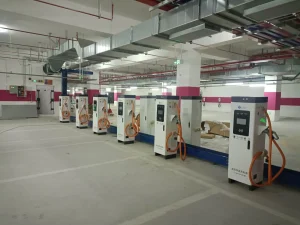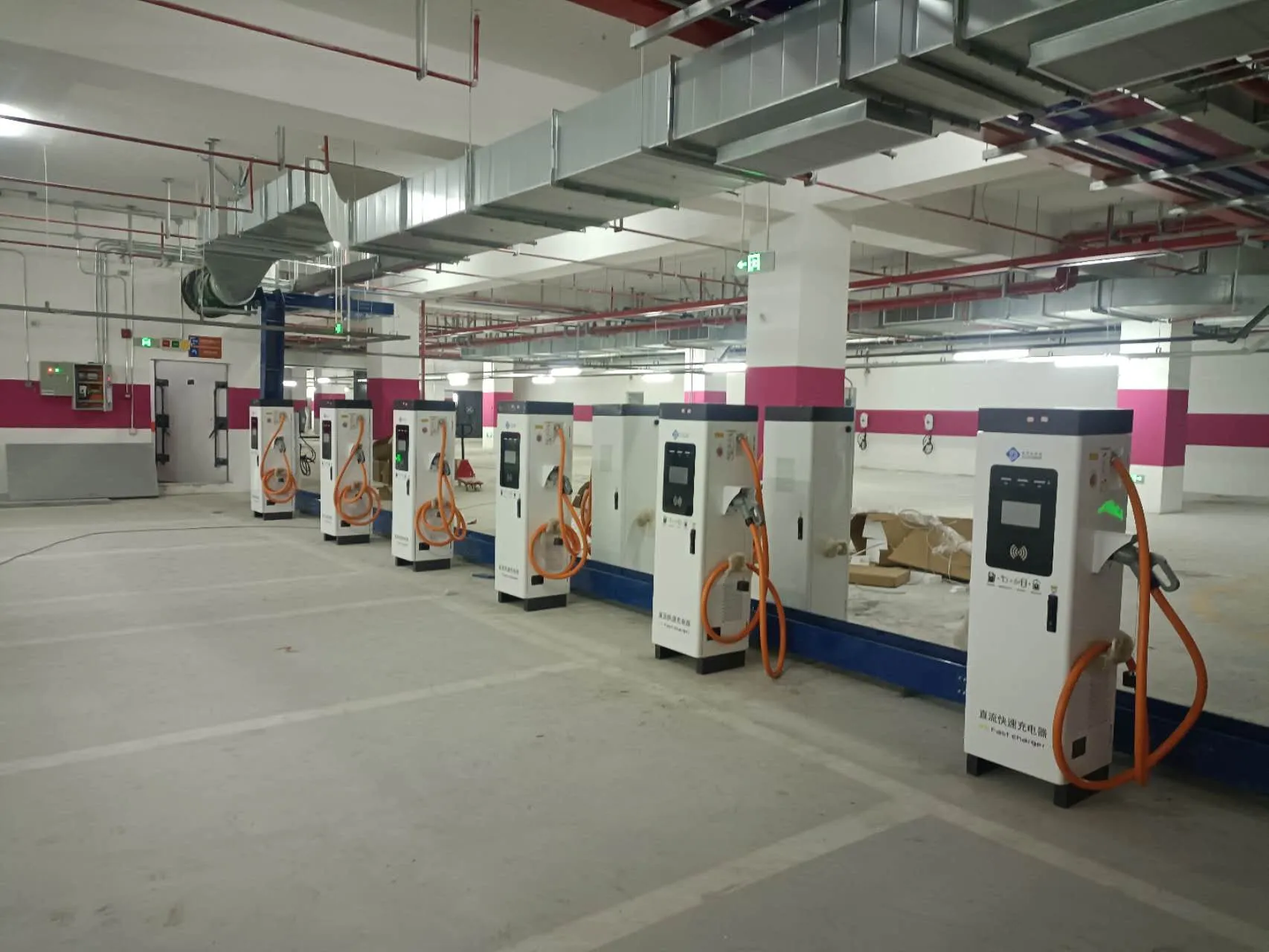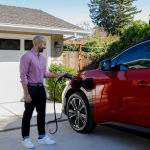To choose an ev charger with the right power, you have to do this.
First look at the car battery capacity. For example, a small or medium-sized electric vehicle can hold 18 kWh of electricity when fully charged. If you want to fully charge it in 6 hours, the power must be about 3 kilowatts.

You also have to understand the voltage and current of the charger input, but be aware that the current will change during charging, so the calculated result is for reference.
The power of chargers for different models is different. For example, home AC chargers are usually between 3.3kW and 7.2kW, commercial AC chargers are between 7.2kW and 22kW, and DC chargers can reach more than 50kW.
In addition, the charging cable is also particular. The power of the home slow charging charger that comes with the car is about 3.5kw to 1.6kw. According to the national standard, 2.5 square millimeter copper core wire is generally OK, and 4 square wires are used for long charging distances.
When choosing a home portable charger for new energy vehicles, you must first consider the power and charging speed, and ensure high charging efficiency and short charging time. The power of household new energy vehicle chargers is generally between 1.25w-7kw, and the current is between 8-32A.
The charging guns sold with the car are mostly portable 8A-13A, which are convenient to use, especially the 8A can be used directly.
The power of general household AC chargers is 3.3kW to 7.2kW, commercial AC chargers are 7.2kW to 22kW, and DC chargers can reach more than 50kW.
Only by choosing the right charging power according to your own needs can you meet the daily charging speed requirements.


